Vitamin U
Vitamin U, also known as S-Methylmethionine, is a naturally occurring compound found in certain vegetables like cabbage and broccoli. Although not officially recognized as a vitamin, it boasts potential health benefits, including aiding in digestive health and potentially reducing inflammation. Further research is ongoing to uncover its full potential.
About Vitamin U
Vitamin U, while not officially classified as a vitamin, holds a special place in the realm of nutrition. This naturally occurring compound, scientifically known as S-Methylmethionine, is predominantly found in cruciferous vegetables like cabbage, broccoli, and kale. Despite not being a recognized essential nutrient, emerging research suggests that Vitamin U may offer a range of health benefits. Its potential to support digestive health and potentially reduce inflammation has sparked considerable interest among health enthusiasts and researchers alike.
A Closer Look at Vitamin U’s Benefits
One of the key areas of interest surrounding Vitamin U lies in its potential to promote gastrointestinal well-being. Studies have indicated that it may assist in maintaining a healthy stomach lining and supporting overall digestive function. Additionally, some research suggests that Vitamin U may possess anti-inflammatory properties, which could have far-reaching implications for individuals seeking natural ways to manage inflammation-related conditions. As the scientific community delves deeper into understanding this compound, the prospects for its application in holistic health approaches continue to expand.
Incorporating Vitamin U into Your Diet
While not available in traditional supplement form, incorporating Vitamin U into your diet is easily achievable through a diverse array of cruciferous vegetables. Including servings of cabbage, broccoli, Brussels sprouts, and kale in your meals can be a delicious and nutritious way to tap into the potential benefits of Vitamin U. As with any dietary change, it’s advisable to consult with a healthcare professional or registered dietitian to ensure it aligns with your specific health needs and goals. Embracing the potential of Vitamin U can be a flavorful journey towards enhanced well-being and vitality.
Health Benefits of Vitamin U
Digestive Health Support
Vitamin U is often associated with its potential to promote a healthy digestive system. Studies have suggested that it may play a role in maintaining the integrity of the stomach lining, potentially aiding in conditions related to gastric health.
Anti-Inflammatory Properties
Research has indicated that Vitamin U may possess anti-inflammatory properties. This could be significant for individuals seeking natural approaches to managing inflammation-related conditions.
Potential Anti-Ulcer Activity
Some studies have explored the potential of Vitamin U in managing peptic ulcers. It may contribute to the healing process by helping to protect the stomach lining.
Rich Source in Cruciferous Vegetables
While not available in supplement form, you can naturally obtain Vitamin U by incorporating cruciferous vegetables into your diet. Cabbage, broccoli, kale, and Brussels sprouts are among the primary sources.
Holistic Approach to Well-being
By including Vitamin U-rich foods in your diet, you can embrace a holistic approach to well-being. It complements a balanced diet and may contribute to overall health and vitality.
Perils of Deficient Vitamin U Intake
Potential Digestive Issues
Given Vitamin U’s association with digestive health, a deficiency might contribute to a compromised gastrointestinal system. This could lead to issues like gastric discomfort, impaired digestion, or even problems related to the stomach lining.
Increased Susceptibility to Inflammation
Research suggests that Vitamin U may possess anti-inflammatory properties. Inadequate intake might result in a lack of this potential protective effect, potentially leaving individuals more susceptible to inflammation-related conditions.
Potential Impact on Peptic Ulcers
Some studies have explored the role of Vitamin U in managing peptic ulcers. A deficiency in this compound could potentially hinder the healing process and exacerbate ulcer-related symptoms.
Reduced Access to Potential Health Benefits
In the absence of sufficient Vitamin U intake, individuals might miss out on the potential health benefits associated with this compound, particularly in terms of digestive support and inflammation reduction.
Limited Dietary Variety
A deficiency in Vitamin U might result in a less diverse diet, especially if individuals do not consume cruciferous vegetables regularly. This could lead to a narrower range of nutrients being obtained from food.

Sources of Vitamin U
- Leafy Greens
- Cruciferous Vegetable
Vitamin U Rich Foods
Cabbage, broccoli, kale, Brussels sprouts, spinach, mustard greens, cauliflower and kohlrabi.
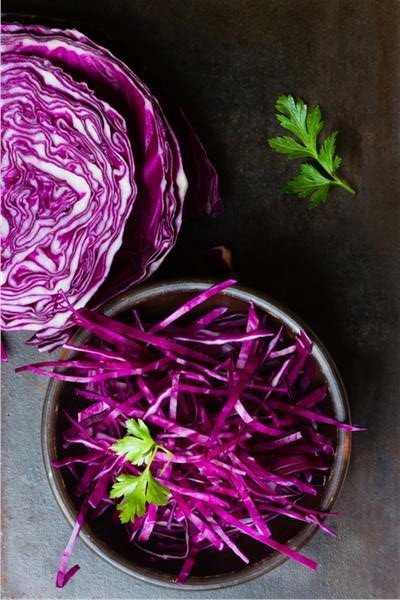
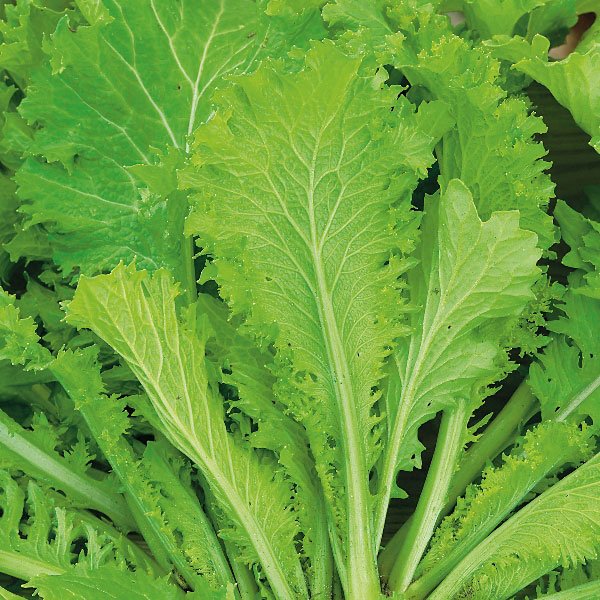
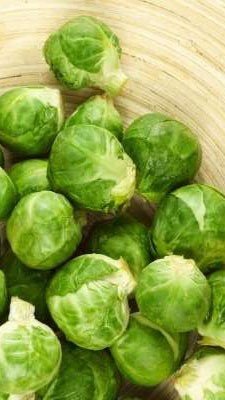
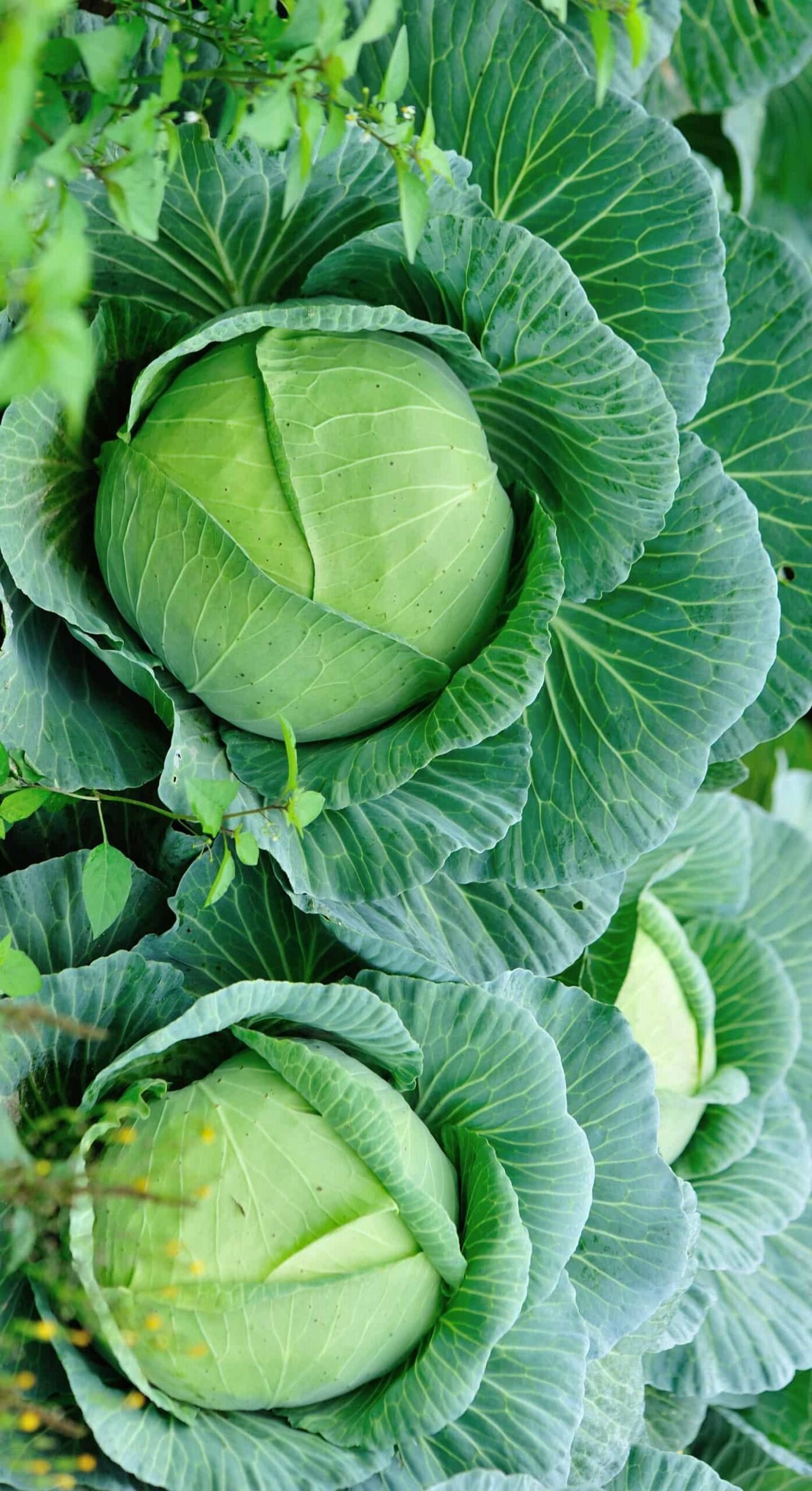
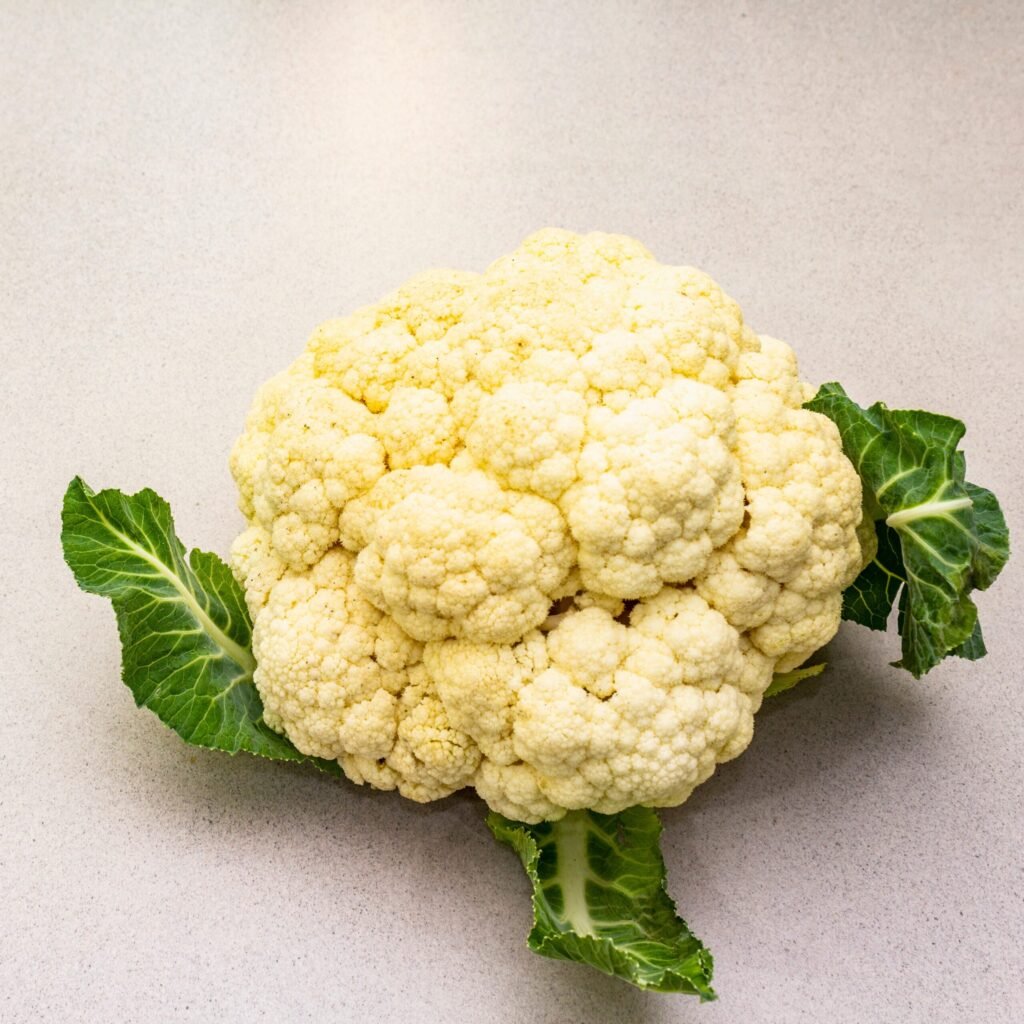
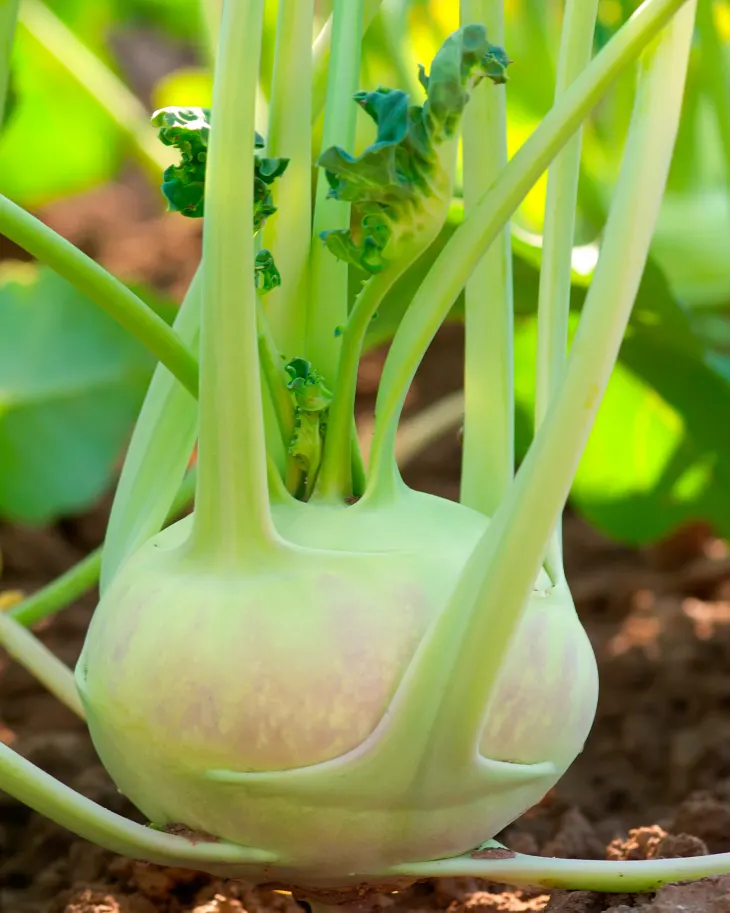
Frequently Asked Questions About Vitamin U
Welcome to our Vitamin U FAQs section, where we address common questions and provide you with accurate information to help you better understand this essential nutrient.
Vitamin U, scientifically known as S-Methylmethionine, is a naturally occurring compound found in certain cruciferous vegetables like cabbage, broccoli, and kale. It is not officially classified as a vitamin but has been studied for its potential health benefits.
While not officially recognized as a vitamin, research suggests that Vitamin U may support digestive health, potentially reduce inflammation, and contribute to the healing process of peptic ulcers.
Common sources of Vitamin U include cabbage, broccoli, kale, Brussels sprouts, spinach, mustard greens, cauliflower, and kohlrabi. These vegetables are part of the cruciferous family.
Vitamin U is not commonly available in supplement form, and it’s typically obtained through a balanced diet rich in cruciferous vegetables.
Since Vitamin U is not officially classified as a vitamin, there are no established dietary reference intakes (DRIs) for it. However, including a variety of cruciferous vegetables in your diet can potentially contribute to its intake.
As of my last knowledge update, there are no reported adverse effects associated with Vitamin U from natural dietary sources. However, it’s important to consume cruciferous vegetables in moderation, especially for individuals with specific dietary restrictions or medical conditions.
It’s advisable to consult with a healthcare professional or registered dietitian before making significant changes to your diet, especially if you have specific health concerns or conditions.
Studies suggest that Vitamin U, found in cruciferous vegetables, may play a role in supporting digestive health by potentially maintaining the integrity of the stomach lining. However, it’s important to consult a healthcare professional for personalized advice.
Some research indicates that Vitamin U may possess anti-inflammatory properties. This has led to interest in its potential role in managing conditions associated with inflammation. However, further studies are needed to establish this connection conclusively.
Light cooking methods like steaming or sautéing are generally recommended to help retain the potential nutrient content of Vitamin U in cruciferous vegetables. Overcooking or boiling may lead to some nutrient loss.
Remember, the information provided here is for general knowledge. For personalized advice or concerns about your health, it’s always best to consult a healthcare professional.
Elevate with Vitamin U: From greens to guts, it nurtures from roots. Unveiling nature’s hidden gem, let its power be the anthem!
